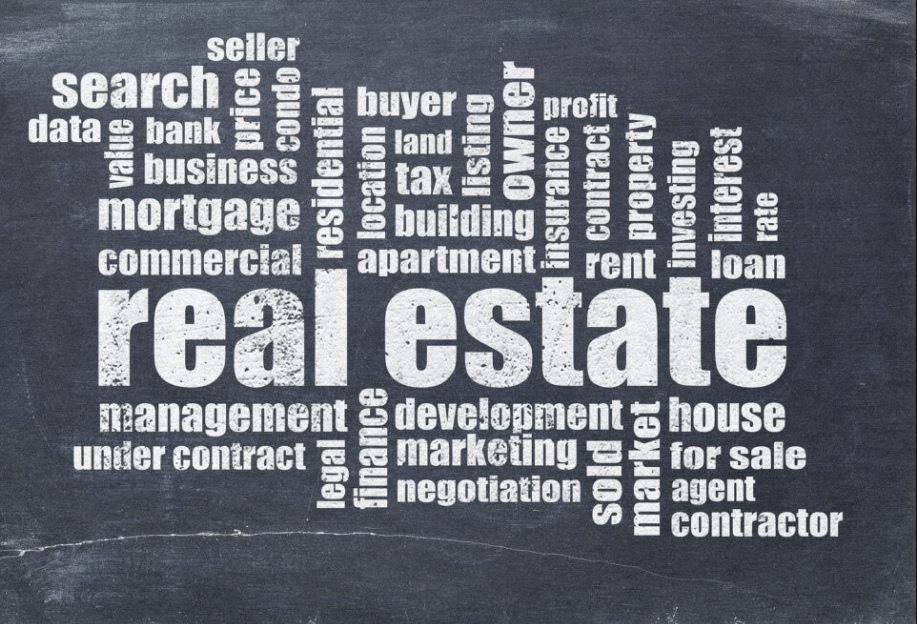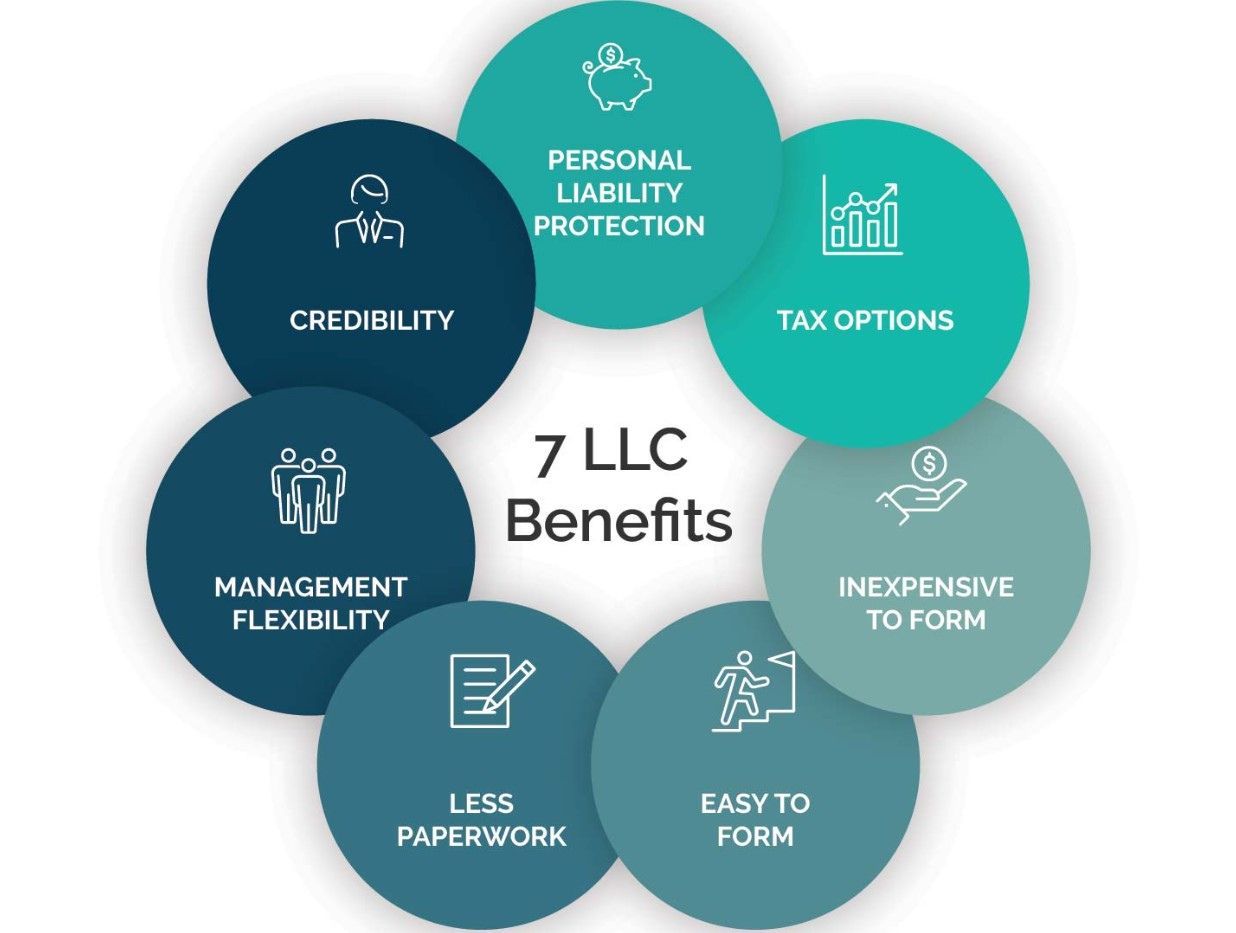Are you considering to start real estate business in 2023? With the market flourishing and an increasing demand for properties, it’s an opportune time to embark on this entrepreneurial journey.
Whether you’re a seasoned investor looking to expand your portfolio or a newbie eager to dive into the world of real estate, this article will guide you through the essential steps of launching your own successful venture. From understanding market trends and acquiring necessary licences to building a strong network and developing effective marketing strategies, we’ve got you covered with all the crucial information that will set you on the path towards establishing a thriving real estate business.
How To Start Real Estate Business
Financing Your Real Estate Business

(Image Source : mason.wm.edu)
One of the key steps in starting a real estate business is securing ample funding. Given that real estate starts-up costs include property acquisition, legal fees, marketing, and operations; knowing all available sources of funding is critical for success.Start-up funding options abound when starting a real estate business, including traditional banks and credit unions that provide business loans at competitive interest rates; these may require strong credit histories and collateral as part of the application process, so be prepared. Private investors and venture capitalists are another viable funding option, offering to invest in exchange for a portion of your profits. Real estate crowdfunding platforms allow many small investors to contribute towards one sizable investment. Savings or loans from friends and family may provide the easiest and least expensive way of financing your business provided that personal relationships remain intact.Accessing financing may seem challenging, but there are a few strategies you can employ to increase your odds. Before approaching any lender or investor, ensure you have created a comprehensive business plan highlighting your vision, objectives, and financial projections – this will demonstrate your seriousness and preparedness in front of potential financiers. Furthermore, maintaining an excellent credit score makes traditional lenders more likely to offer loans, as will networking extensively within real estate and finance industries – this increases your odds of finding funding!But starting a real estate business doesn’t need to break the bank. There are cost-effective strategies available for getting started in this business venture, such as teaming up with experienced investors or realtors and sharing expenses while simultaneously gaining invaluable industry insight. Also consider becoming part-time realtor so as to ease into it without making an upfront financial commitment.Remember, every real estate entrepreneur’s financing journey will differ, depending on factors like creditworthiness, business plan, personal savings and risk tolerance as well as networking connections. Seek professional advice to navigate these options and determine the most suitable one for you and your situation.Financing your real estate venture is one of the key components to its success. Being aware of all funding sources available will set you on the right path; keeping in mind that although initial costs in real estate tend to be high, there are cost-cutting methods available that may help ease entry.
Create Your Real Estate Business Plan Now
 (Image source alphajwc.com)
(Image source alphajwc.com)
Establishing an effective real estate business plan is crucial for anyone entering the real estate industry. A comprehensive business plan acts as a roadmap towards success, outlining your goals, strategies required to meet them, anticipated growth timeline and how challenges might be managed – making it an indispensable tool both for newcomers and established real estate entrepreneurs alike.At the core of any successful real estate business plan is an overview of your business’s financial structure, market analysis and marketing strategies; its business model should also be discussed – whether that be investing in commercial properties, residential rentals or flipping houses; its target market, competition, overall strategy for attracting and retaining clients as well as operational plans such as staffing needs, location requirements and equipment needs should all be covered within it.Crafting a business plan for your real estate firm isn’t a one-off endeavor – it should serve as an ongoing process that guides decision making and helps monitor its performance over time. As your company grows, industry changes, goals shift and your goals evolve, your plan should reflect this evolution by being regularly revised in accordance with these developments. It serves as an ongoing document that guides decision making while simultaneously serving as an evaluation of business performance over time.An effective business plan can also increase your chances of securing financing for your real estate business. Lenders and investors want to see that you have a plan for growth as well as an in-depth knowledge of the market; they want assurances that their money is going into an undertaking with high chances of success.Establishing an effective real estate business plan shouldn’t be done quickly or on impulse. Do your research on your market, competitors and challenges. Speak with industry experts, attend seminars or read widely – the more informed you are the better your chance is at creating an actionable plan to lead your real estate venture to success!To conclude, creating a real estate business plan is both beneficial and essential for anyone entering this competitive industry. It provides a clear vision of the future, sets realistic goals, outlines strategies for meeting those goals, evaluates those strategies as the business progresses and allows for adjustment as necessary. Therefore, investing both your time and resources in developing an effective real estate business plan is sure to bring rewards in terms of successful real estate venture.
Gain Knowledge About Real Estate by Gaining Acquaintance with It

(Image source sunsetspm.com)
Before embarking on your real estate investing journey, one of the key steps should be gaining knowledge about the industry. Knowledge is power in any context, but particularly so in real estate where having more knowledge can lead to more successful transactions and better property selection as well as informed business decisions. With different forms of real estate investments available today it’s essential that you learn about them all and recognize their distinctive features before diving in headfirst.Real estate investing encompasses four distinct forms, such as residential, commercial, industrial and raw land investing. Residential investing typically encompasses properties like houses, townhouses, apartments and vacation rentals; commercial investments may involve office buildings, retail stores or shopping centers while industrial real estate includes warehouses factories logistics or distribution centers whereas raw land investing refers to buying land with the intention of either selling it off later to developers or holding onto it until its value increases.
Real estate is an ever-evolving field, with trends and market conditions changing frequently. Gaining knowledge of this industry’s trends and dynamics is critical to making informed decisions, avoiding costly errors, staying ahead of competitors, and building trust between clients and partners.
There are countless resources available for learning real estate investing, such as courses and seminars, books, podcasts, online platforms providing comprehensive guides, as well as membership organizations such as National Association of Realtors or Real Estate Investors Association providing industry information as well as educational materials.Find a mentor in the real estate industry is of immeasurable benefit; not only can they offer guidance and support, but also can share their experience, strategies, and insights that may steer you in the right direction. To find one quickly consider attending real estate industry events or joining real estate investment clubs where networking and learning from experienced professionals may occur.Knowledge is power in real estate! Acquiring the necessary information and insight will put you on a solid path towards creating a thriving real estate business. Gaining this understanding will equip you to navigate this industry with ease and make informed business decisions – just remember: knowledge truly is power!
Form an LLC

(Image source howtostartanllc.com)
Establishing a Limited Liability Company (LLC) is essential in creating any real estate business. LLCs provide flexibility and protection benefits, so many entrepreneurs choose them due to the limited personal liability for company debts and actions among members, making the business structure appealing. When creating an LLC, members have limited personal liability when facing litigation or bankruptcy related proceedings against their business – meaning your home and bank accounts should likely remain safe from becoming part of its liabilities.Forming an LLC for real estate businesses varies by state, but there are some universal requirements. First, you will need to select an unclaimed name for your LLC that has not already been claimed by another business in that state. Next, file Articles of Organization with your state Secretary of State office; this document includes essential details about your business such as its name, purpose and members as well as any filing fees involved – though fees vary from state to state.Establishing an Operating Agreement, even if it is not required in your state, is of critical importance to any real estate business. An Operating Agreement provides an essential legal foundation for your real estate firm by outlining ownership and operational procedures as well as rules and regulations to govern internal operations in accordance with your business needs. Furthermore, having one ensures all owners understand how the business runs as well as any decisions regarding profit distribution and distribution of losses as well as other key decisions related to running it successfully.Most states also require your LLC to designate a Registered Agent. A Registered Agent acts as the representative for your LLC should it ever become sued and should reside within its state of registration during normal business hours for legal documents to be accepted on behalf of it.
Once your LLC has been formed, the IRS requires that it obtain an Employer Identification Number (EIN). This acts like the social security number for your business and should be obtained for tax purposes. You can obtain one directly from them with no fee involved in applying.
Building Your Network

Image source marketbusinessnews.com
Real estate professionals understand the value of cultivating their professional networks is no mere optional strategy; it is a necessary factor that will have an incredible effect on their success. “It’s not always what you know, but who you know” rings especially true when starting up real estate businesses in 2023. Forming strong networks within this field may lead to collaboration opportunities, strategic business partnerships and an expanded customer base.First step to building your real estate network: recognize the power of relationship-building. Cultivating meaningful relationships can offer invaluable insight, advice and referrals for your business. Connecting with other professionals within the industry such as real estate agents, brokers, investors or property managers is crucial – joining industry-related organizations or attending networking events can provide an ideal venue to meet and interact with them all.At the core of networking lies giving others value. Successful networkers provide more value than they receive from others in return. Be helpful and supportive; your actions will draw in newcomers into your network who may return the favor later.Finding mentors within the real estate industry is also a critical aspect of networking. Mentors provide invaluable industry-specific knowledge, insights and guidance that can assist with navigating its complexities, including helping avoid common pitfalls while identifying opportunities and speeding up growth. A good mentor will not only offer advice but also connect you to their network to expand your own.
Conclusion
In conclusion, starting a real estate business requires careful planning, research, and a strong understanding of the market. It is important to establish a solid foundation by obtaining the necessary licenses and education, building a professional network, and creating a comprehensive business plan. Additionally, staying up-to-date with industry trends and continuously learning about new strategies will help ensure long-term success. While the process may seem daunting at first, with dedication and perseverance, starting a real estate business can be a rewarding venture. So take the first step today and embark on your journey towards becoming a successful real estate entrepreneur.